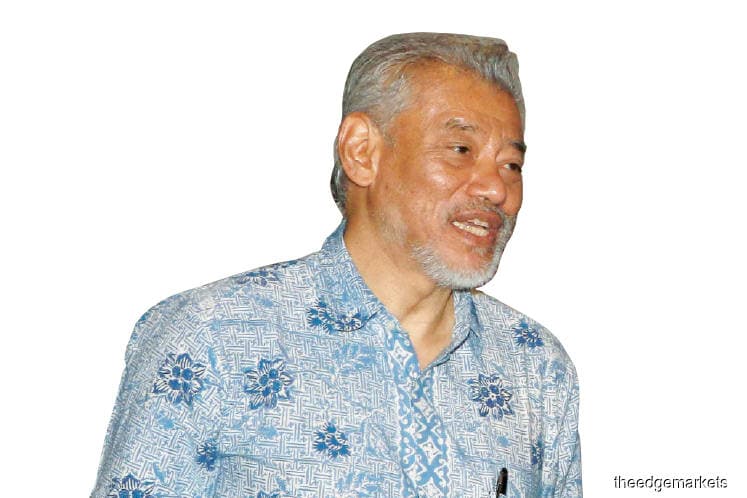
This article first appeared in The Edge Financial Daily on November 29, 2018
KUALA LUMPUR: Malaysia should focus on implementing policies that prioritise domestic investments over foreign direct investments (FDIs) as local investors tend to require fewer incentives and are more likely to have the country’s interests at heart, according to economist Prof Dr Jomo Kwame Sundaram (pic).
Speaking at the Malaysian Institute of Economic Research’s (MIER) national outlook conference yesterday, Jomo said Malaysia should emulate the approaches towards FDIs of East Asian countries such as Japan, South Korea, Taiwan and even China.
“During the high growth period of East Asian countries, it was 98% domestic investments on average. It was only 2% FDIs,” he said.
Jomo cautioned against providing too many privileges to foreign investors, including the signing of trade agreements such as the Comprehensive and Progressive Agreement for the Trans-Pacific Partnership.
This would, he said, result in “perverse incentives” that may encourage local companies to establish themselves overseas in order to take advantage of the incentives for foreign investors.
“We should be pushing investors, both with a carrot and [a] stick, to do things which are desirable in terms of the progress of the country,” he said. That said, Malaysia should not entirely discount FDIs as a driver of economic growth but should impose specific conditions on foreign investors in order to safeguard national interests.
“[Foreign investors] are here to look for profits first and foremost, not necessarily to benefit us. So we must impose conditions on FDIs that benefit us,” he said.
To drive economic growth, he suggested Malaysia ramp up its industrial technology intelligence and adopt a tougher approach in negotiating its interests with other parties.
“We need a pragmatic approach to industrial technology. Stop relying on foreign consulting groups [but] go to consultants that are specialised in particular technologies. [That said,] that decision has to be made on the basis of a more general survey,” he said.
He called for the establishment of a “technology strategy”, noting the changes that have occurred in acquiring technology today have led to much of it being privately held.
“Today, most technology is privately owned. So doing a technology transfer agreement with Japan or any other country really doesn’t amount to very much. It is almost irrelevant. You need to think about other ways of acquiring technology.
“We’re not a very large country [so] we have to be modest about our needs and capacities. We have to choose to chase and achieve what is within our capacity,” he said.
Tan Sri Dr Anuwar Ali, who sits on the MIER board of trustees and is a senior advisor at the Open University of Malaysia, noted that a gap exists between what Malaysian policymakers have planned for and what is achievable.
“We miss opportunities because we set expectations too high,” he said.
Anuwar said the government should focus on the proper implementation of good policies recommended by existing master plans instead of creating new ones.
Jomo also stressed that Malaysia needs to argue its interests more strenuously in international agreements. He referred to the example of the Hepatitis C vaccine, which Malaysia is importing from an Egyptian company at around RM1,000. Under the CPTPP, however, the cost of the vaccine would surge to over RM300,000 as it would have to be acquired from a US company.
“We have to get terms that are favourable to us,” he said.